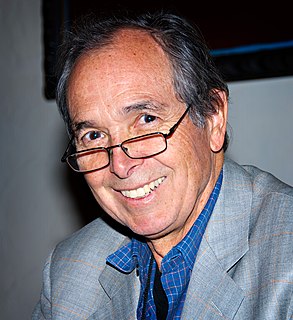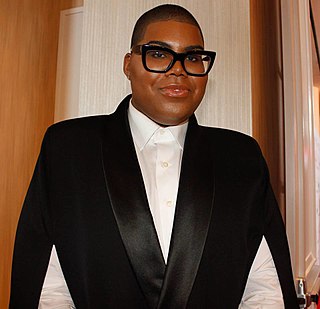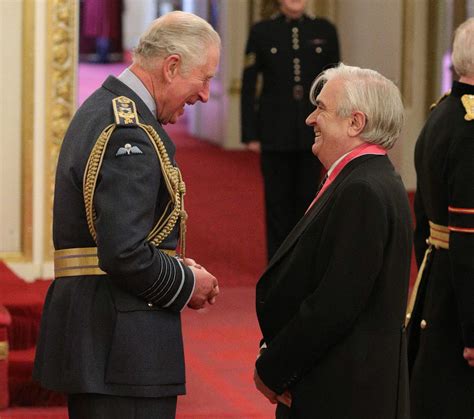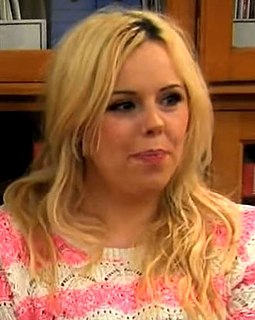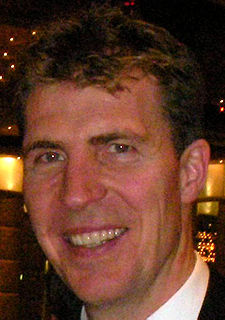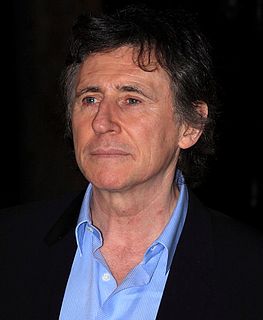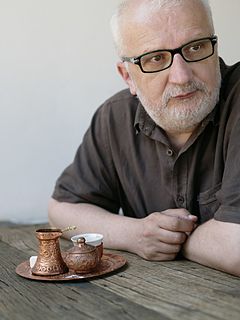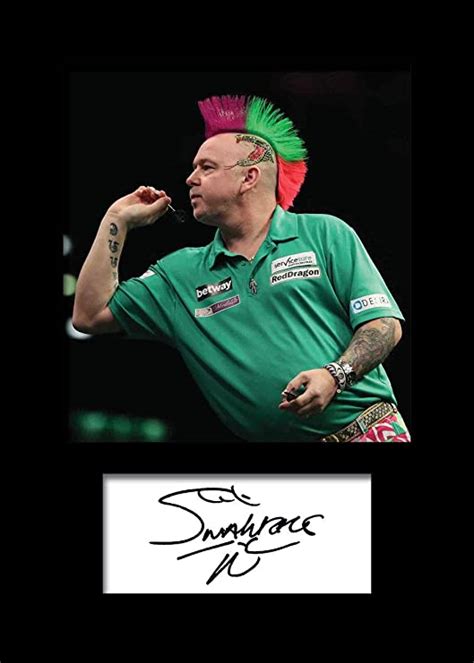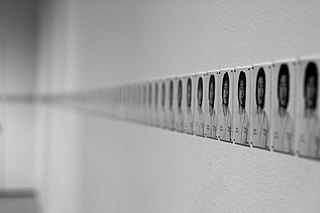A Quote by Martin Cruz Smith
The research is the most interesting part… That’s how I work. I go some place and I walk it and I talk to people until I find what I’ve come for. Or not. Fortunately, I tend to find what I’m after.
Related Quotes
I write about people I think are interesting, and then I discuss it with my editor, and she decides if she thinks it will be interesting to children as well. If I have no great interest in the subject, I find the work to be terribly boring. And if I find the person interesting, I love the research part and, by extension, the writing as well.
Finding a kid that could be introspective and internal and thoughtful, and then also be wild and free and guileless and physical, it was hard. So at the end we started getting down to panic time, and we still hadn't found our Max. And we decided to go about it a different way. We said, "Let's just find friends of ours that live in interesting cities in the country that maybe aren't as big, and people that don't do casting." And thinking maybe you find a place that has an artistic community, maybe we'll find some interesting kids from there.
Scientists themselves are of surprisingly little help. They find it difficult to talk of what they do because they tend to assume detailed knowledge is required for generalities to be understood. They find it hard to grasp the concept of the meaning of their work, assuming this to be a debate that takes place at a lower level than the specialized discussions with their colleagues. When they do generalize, - or "popularize" as it is usually called with a noticeable degree of contempt - they tend to reveal a startling philosophical naiveté.
Some of the biggest challenges in relationships come from the fact that most people enter a relationship in order to get something: they're trying to find someone who's going to make them feel good. In reality, the only way a relationship will last is if you see your relationship as a place that you go to give, and not a place that you go to take.
I know I am a human being. I can give myself to one year for a project. That is why I say I'm primitive in the way I work, especially compared to most artists. I came to New York in 1974, knowing that it is the art center of the world. But I didn't go to find people for my work. I do the work, and the people come to me, and I learn from them. That has always been my approach - to do the job first and then to respond to it after I finish and learn what people think about it. That's how I develop, and I'm more of an outsider in that way.
I talk all the time about how much I read growing up and how much I love Stephen King and how he impacted my work from a genre perspective, but Pat Conroy wrote some of the most magnificent stories about characters who had to deal with dysfunctional families and try to find a place of honor in their own world and the pain of loss.
I find that deadlines form part of the aesthetic. I don't have that "It could only have been this way" kind of thing. I tend to rewrite it and say that after the fact, but on the way there, there are just some routes that you have to give up and make decisions, and that decision-making I find torturous. But I'm used to that torture.
